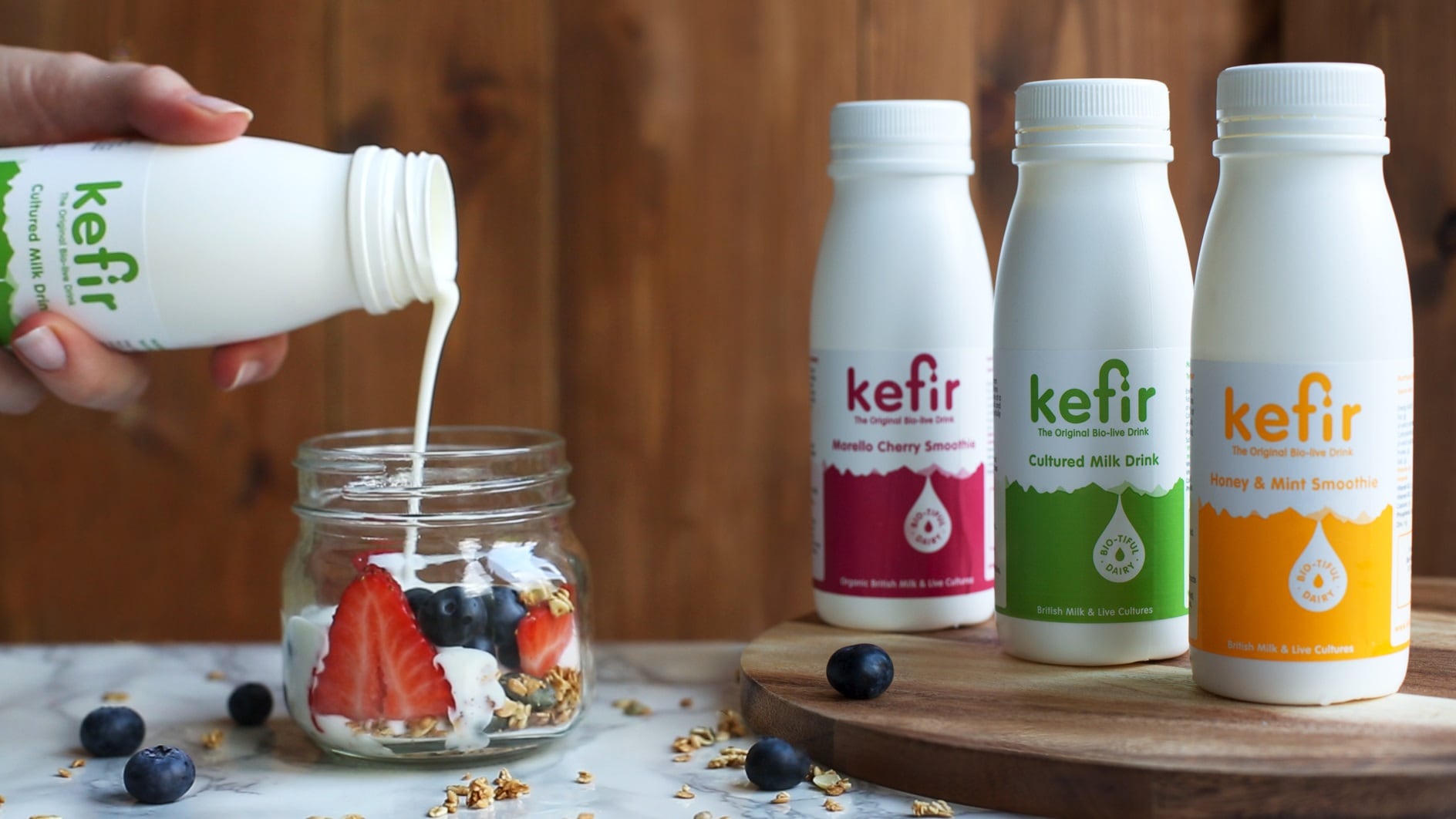According to global nutrition research carried out by Lumina Intelligence, 11% of global consumers consume supplements or fortified food and drinks at least once a week; 13% do so at least a few times a month, and 6% - daily.
Biotics and label claims in food and drink
Under EU food legislation, health claims linked to biotics can be used only when authorised by the European Commission based on a scientific assessment by the European Food Safety Authority (EFSA). But so far, EFSA has given negative opinions on health claims concerning probiotics due to the absence of sufficient scientific evidence demonstrating their positive health effects.
More on this from FoodNavigator
But the overwhelming majority (40%) of those surveyed responded with ‘never’ – suggesting that despite the growth in demand for functional foods and supplements, there’s still a significant gap in the market.
And while food and beverage producers in markets such as Europe have been hamstrung by regulations with regards to attaching health claims to food and beverage products (see box-out for more information), brands can still glean valuable insights about what areas of health consumers are looking to improve in.
Here are the top 5 priorities for European consumers, according to data obtained by us from Lumina Intelligence.
#1 Gut microbiome
Gut health (15%) is consumers’ number-one priority when it comes to reasons why they’d consumer food and beverages containing biotics.
While probiotic bacteria is naturally found in fermented foods like yogurt and kimchi, food producers are increasingly researching ways to influence the gut by developing precision probiotics.
#2 General wellbeing
But nearly as important as gut health is general wellbeing, with 14% of consumers stating they reach out for biotic-containing products to help them meet their overall health objectives.
Do consumers get biotics?
In France, Germany, Italy and Spain, more than a third (39%) of consumers are familiar with the term probiotics; 28% recognise what ‘prebiotics’ is; 15% are familiar with ‘postbiotics’, and 12% understand what ‘synbiotics’ means.
#3 Boosting immunity
While the pandemic sparked interest in immunity-boosting ingredients and products, the category levelled off in 2022 – but the overarching trend continues to be among the global macro trends in healthy food and beverage.
With 14% of Europeans interested in boosting their immunity through biotics-containing foods, vitamin-fortified products such as yogurt beverages have been an obvious product niche for dairy producers to tap into.
Meanwhile, fermented dairy products such as kefir deliver high levels of B vitamins and enzymes naturally. The kefir category is in demand across both the US and the UK.
#4 Digestive health
For 10% of the respondents, addressing digestive issues through biotics consumption is a key priority.
In dairy, digestive health has been a macrotrend for many years – and there’s no need for brands to attach biotics claims to make these ranges sell.
One area of growing demand has been lactose-free milk and fiber-fortified yogurts and drinkable beverages.
#5 Energy
The fifth biggest priority for European consumers reaching out for biotics-fortified products is energy.
In dairy, protein-rich functional products remain in high demand and innovation across ice cream and high-protein RTD coffee is further galvanizing consumers looking to boost their energy levels across different usage occasions.

